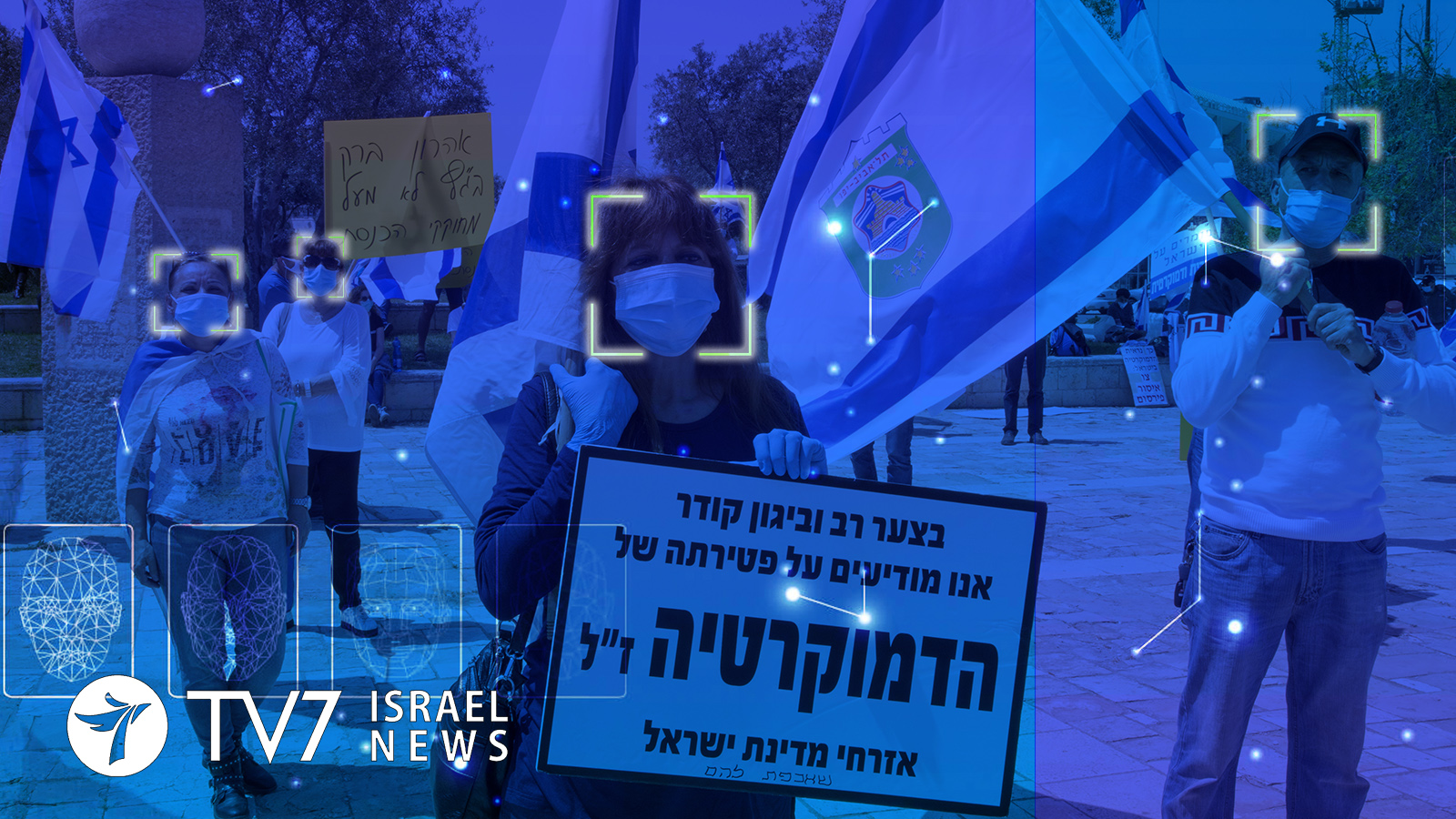Israel’s Supreme Court ruled that the government must legislate new laws in the Knesset if it wishes to reinstate use of cellular data spyware to track whether civilians infected with COVID-19 are complying with Health Ministry instructions.
As part of efforts to contain the coronavirus in March, the Cabinet approved emergency regulations authorizing use by the Shin Bet Security Service of counter-terrorism measures to trace the whereabouts of suspected cases among the general Israeli public. The government circumvented parliamentary oversight at the time due to refusal by former Knesset Speaker Yuli Edelstein to reopen the legislature, out of apparent political considerations.
After the Knesset resumed and Blue and White leader Benny Gantz was elected as the new Speaker, legislators refused to authorize the tracking measures until the Supreme Court could rule on several petitions against their use filed by several human rights groups.
Following deliberation, the Justices instructed the government to initiate new legislation by 30 April and conclude it within a few weeks if it intends to pursue data collected from civilian cellphones in the campaign against the pandemic. The ruling was immediately hailed by rights’ advocates as a victory of the country’s democracy. “It’s very clear that the default is not using such method, that security services should not be used against our own citizens, this is very clear,” said the Executive Director of the Association for Civil Rights in Israel, Attorney Sharon Abraham-Weiss, stressing, “In extreme cases with justifications, the Supreme Court is saying that legislation should be taken in the fresh air, in a public debate and in this case we’ll have to see what is our stand, depends on the arrangement that will be suggested.”
Others also voiced satisfaction over the court imposition of limitations on the government, in what is widely viewed as a vital pillar of any liberal democracy as aspired by the Jewish State. “I think the Supreme Court is right,” Tel Aviv resident Ziv Zac told Reuters, explaining, “I know that there’s a pandemic and we want to keep the public healthy, but I do think that it’s important to keep privacy also, human rights, so we need to keep the government under control.” Another resident of the coastal Israeli city, Yitzchak Borowsky, remarked that he believed that the Shin Bet measures amounted to the “unlawful intervention in the privacy of people and there was no need – no need at all – to find out the connections between people.”
